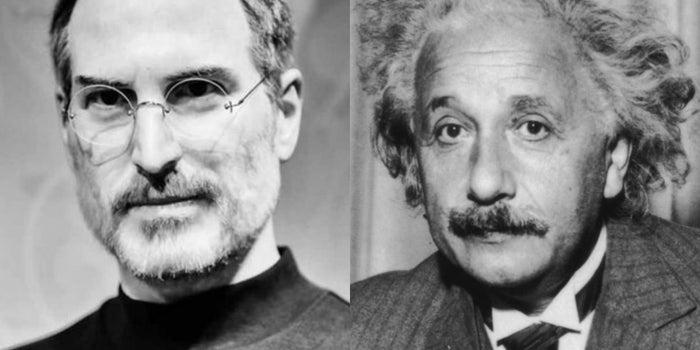 By Alto Nivel
By Alto Nivel
An essential element to achieving success is implementing a proper routine on a daily basis, as science and history point out.Although your daily routine might be healthy and productive, it can also be hectic and kill creativity, an article in Inc magazine notes.






